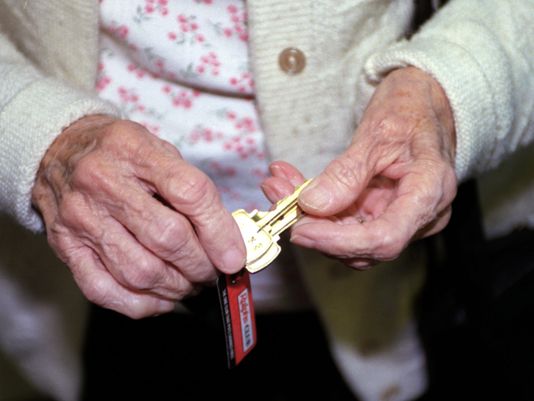Many adult children are quick to suggest to their elderly parents that they should quit driving. However, a recent study found that when elderly drivers have to stop getting behind the wheel, they run the risk of social isolation, especially if they don’t have an alternative transportation plan. The study, entitled “Social Participation in Later Years: The Role of Driving Mobility,” looked at driving habits and social activities like visiting friends and family or going out to dinner or the movies, for more than 4,300 adults over age 65. The study sample was adjusted for demographic, socioeconomic, health, and social activity factors.
With wheels, older adults were much more likely to be out and about than their peers who never drove, the study found. But after elderly drivers lost the ability to hit the road, their participation in social activities declined to match their peers who never drove at all. “Social participation in old age is linked with both physical and mental health benefits,” said study author Tea Pristavec, a sociology researcher at Rutgers University in New Brunswick, New Jersey. “Older adults who remain engaged in social life report being in better health, experience lower mortality risk over time, and have lower rates of depression, dementia, and other cognitive impairments,” Pristavec added by email.
“Transportation mobility is often crucial for such continued social participation.” Compared with seniors who had stopped driving, frequent drivers were more than three times as likely to visit friends and family and almost three times as likely to participate in social outings like going to the movies, Pristavec reported in the Journal of Gerontology: Social Science.
Some study findings: Frequent drivers are most likely to visit friends and family, go out for enjoyment, attend religious services, and participate in organized activities compared with occasional drivers, those who ceased driving, and those who never drove. Decrease in driving frequency lowers social participation. Participation does not differ between those who ceased driving and those who never drove. Persons with consistent ride access participate more than those never receiving rides.
Conclusion: Both driving frequency and ride receipt matter for older adults’ formal and informal involvement. Facilitating ride-giving and developing flexible transportation options may enhance social participation among older adults who cease or begin ceasing to drive.
Source/more: Reuters
We have experienced Mississippi Elder Law Attorneys to help you with your questions and concerns.
When Seniors Stop Driving, Social Isolation Looms
